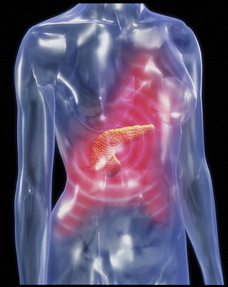Practice Tips: Explore ways to hire, credential new medical assistants
Computerized order entry requires a licensed or certified staffer. Learn how to fulfill this requirement with new hires or by training existing office staff.
Measure 1 of the 17 core measures for Stage 2 Meaningful Use, “CPOE for Medication, Laboratory and Radiology Orders,” requires that computerized provider order entry be performed by licensed health care professionals or certified medical assistants. However, many small practices use noncertified, trained-on-the-job medical assistants to enter orders, and it is not always convenient or efficient for a highly paid clinician to do so. So how can practices meet this certification requirement without having to replace existing staff with licensed personnel?
For practices that need to hire staff anyway, an obvious solution is to hire people who are already certified. However, there are multiple options for practices that may not want or need to hire anyone new. Existing clinical staff could take the classes necessary to receive a certificate, as many schools offer programs for students who want to become certified medical assistants. Many practices, however, have perfectly competent personnel who were trained on the job and do not want or intend to go back to school. This group may want to seek out organizations that accept work experience in lieu of education as qualification to sit for certification exams. While there are costs associated with preparing for and taking the exams, they are not high.
Supporting staff certification will not only benefit your practice by helping you achieve meaningful use, it will also broaden your employees' knowledge and add depth to your office team. In addition, it's a nice perk and a confidence booster for employees to get the credentials that they can take with them to their next job.
Here are some options practices can explore to get their staff members certified:
American Association of Medical Assistants (AAMA). This organization issues the Certified Medical Assistant certificate. AAMA requires that individuals graduate from an accredited school. Many allied health professional schools and community colleges around the country would fit into this category. The exam must be passed within 60 months of graduation. Exam fees are $125 plus the cost of schooling. More information is online.
American Medical Technologists (AMT). AMT offers a variety of certifications, including medical assistant, lab tech, phlebotomy, medical administrative specialists, and more. Five years (or more) of clinical experience is accepted in lieu of formal schooling in order to sit for the exam. AMT also provides very reasonably priced Web-based study materials and practice exams to help individuals prepare. Costs involved include a $95 application fee plus any study materials needed. More information is online.
National Center for Competency Testing (NCCT). NCCT offers the NCMA certification for medical assistants, the NCMOA certification for medical office assistants, and the NCICS certification for insurance and coding specialists, among others. This independent certification organization also accepts work experience in lieu of education to qualify for the exam. More information is online.
For more information on the requirements for meaningful use, go to ACP's Running a Practice website.




